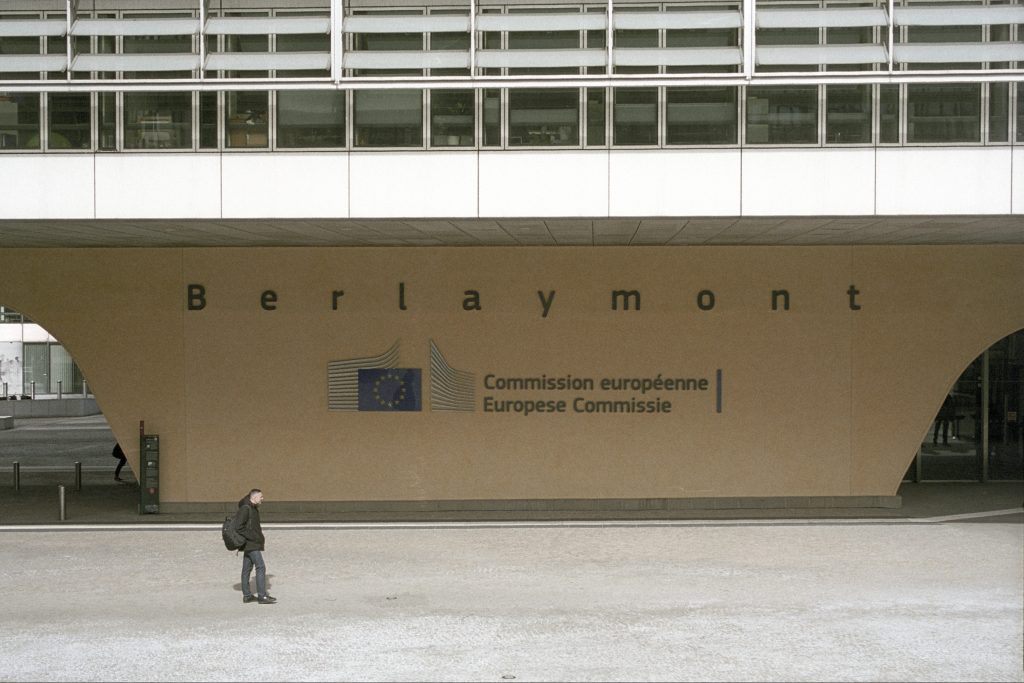The European Commission has taken decisive action to ensure the uniform application of the Digital Operational Resilience Act Directive (EU) 2022/2556 (DORA) across the European Union, initiating infringement procedures against 13 Member States.
These procedures, marked by the issuance of formal letters of notice, target Belgium, Bulgaria, Denmark, Greece, Spain, France, Latvia,
Register for free to keep reading.
To continue reading this article and unlock full access to GRIP, register now. You’ll enjoy free access to all content until our subscription service launches in early 2026.
- Unlimited access to industry insights
- Stay on top of key rules and regulatory changes with our Rules Navigator
- Ad-free experience with no distractions
- Regular podcasts from trusted external experts
- Fresh compliance and regulatory content every day
















